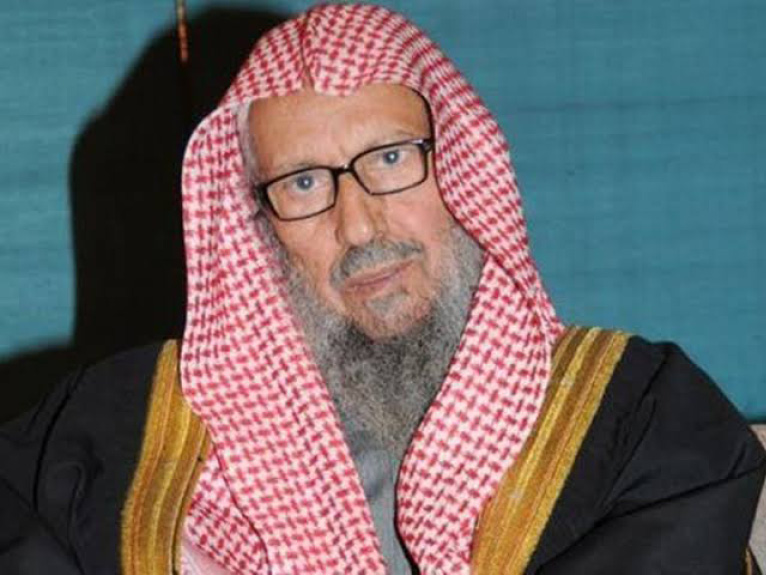Top Saudi cleric who once headed judiciary dies
An influential Saudi cleric who once served for years as head of the kingdom’s Shariah courts and whose ultraconservative views sparked outcry died on Wednesday, leaving behind a legacy that mirrored the kingdom’s decades-long slide toward Wahhabism. His family announced his death on Twitter, saying 90-year-old Sheikh Saleh bin Mohammed Al-Luhaidan died after battling an […]

Sheikh Saleh bin Mohammed Al-Luhaidan
An influential Saudi cleric who once served for years as head of the kingdom’s Shariah courts and whose ultraconservative views sparked outcry died on Wednesday, leaving behind a legacy that mirrored the kingdom’s decades-long slide toward Wahhabism.
His family announced his death on Twitter, saying 90-year-old Sheikh Saleh bin Mohammed Al-Luhaidan died after battling an illness that was not disclosed.
His funeral took place Wednesday in line with Islamic tradition of immediate burial.
On Twitter, an Arabic hashtag with his name saw an outpouring of prayers and praise for the cleric and Islamic scholar.
Al-Luhaidan was also notably a member of the Council of Senior Clerics since its establishment in 1971.
The elite body comprised of the kingdom’s most senior male scholars rubber stamps royal policies and issues religious edicts known as fatwas.
Throughout other points of his lifetime, Al-Luhaidan delivered sermons from Mecca’s Grand Mosque, which houses Islam’s holiest site the Kaaba, oversaw publication of an Islamic magazine and was a member of the Saudi-based Muslim World League.
The sheikh was born in 1931 in the landlocked province of Qassim, known as the kingdom’s most conservative region.
In 1959, he graduated from the College of Sharia in Riyadh, after which he worked as a secretary and judicial lieutenant for the former Grand Mufti of Saudi Arabia, Sheikh Muhammad bin Ibrahim Al Al-Sheikh.
Al-Luhaidan, in 1982, was appointed as Chairman of the Permanent Committee of the Supreme Judicial Council, and as Vice-President of the Council in his absence.
In 1992, he was appointed head of the council in the general and permanent body of the Supreme Judicial Council.
His ultraconservative views, though in line with the country’s Wahhabi doctrine at the time, prompted his sacking in 2009 as head of Saudi Arabia’s judiciary after he grabbed international headlines for suggesting that television station executives who broadcast immoral content during the month of Ramadan could face the death penalty for corrupting society. Al-Luhaidan had held the post for over two decades.
His dismissal by King Abdullah came as the monarch, who died in 2015, cautiously introduced reforms and tried to curtail some of the sweeping influence of Wahhabi clerics. (AP, Aljazeera).
